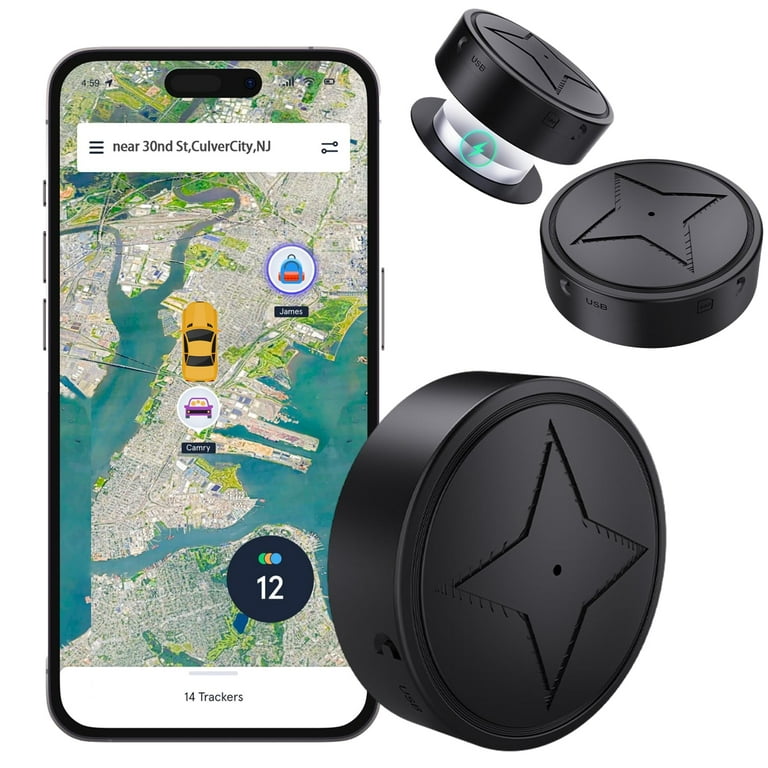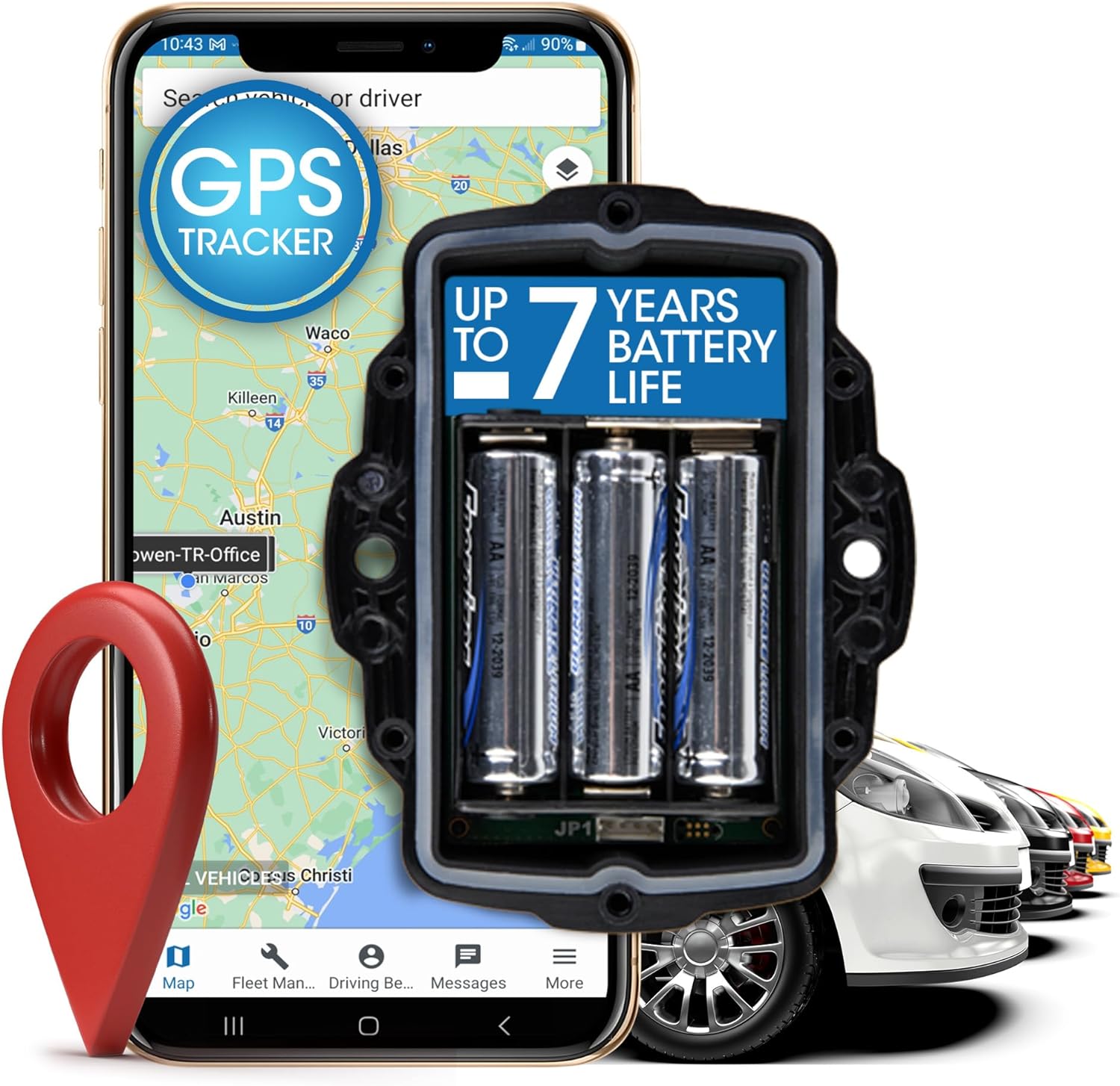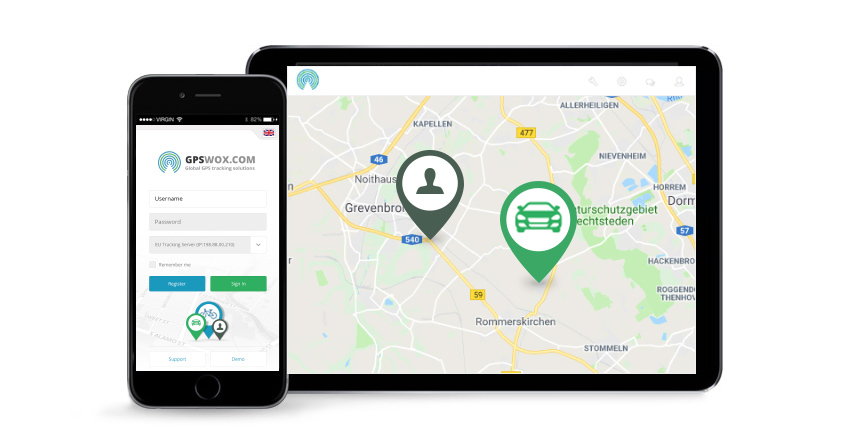Browsing the Future of GPS Monitoring: Technologies, Challenges, and Opportunities Ahead
As we stand at the crossroads of societal implications and technological improvements, the landscape of general practitioner monitoring is poised for a transformative trip ahead. The development of GPS modern technology has been quick, introducing a brand-new age of real-time monitoring capacities that assure unprecedented levels of precision and performance. With excellent advancement comes excellent responsibility, as data personal privacy worries loom large and protection challenges in General practitioner tracking raising important inquiries about protecting sensitive info. Yet, in the middle of these obstacles exist concealed chances waiting to be discovered, offering a peek right into the untapped potential of an industry at the brink of modification.
Evolution of GPS Technology
Developed for military objectives, General practitioner modern technology has evolved to come to be a common device in numerous sectors, including transportation, logistics, agriculture, and personal navigation. Early GPS systems were identified by limited coverage, lower precision, and bulkier hardware demands.
One key turning point in the advancement of GPS technology was the development of Selective Schedule (SA) in the 1990s, which deliberately weakened the accuracy of noncombatant general practitioner signals. The discontinuation of SA in 2000 significantly improved GPS accuracy for noncombatant customers. Succeeding innovations, such as the release of additional satellite constellations like Galileo and BeiDou, have actually better enhanced GPS coverage and accuracy, making it an important tool in everyday life. As GPS technology remains to progress, we can anticipate additional renovations in accuracy, coverage, and performance, opening up new possibilities for development and applications throughout different markets.
Real-Time Monitoring Improvements
Structure on the innovations in GPS innovation that have actually changed precision and insurance coverage, real-time tracking has become a critical area of development with extensive effects across numerous sectors. Real-time tracking improvements enable organizations and companies to check employees, automobiles, and possessions immediately, giving beneficial insights for decision-making procedures - gps tracking. By leveraging real-time data, firms can boost functional effectiveness, improve customer service, and ensure the security and safety of their possessions
One of the essential advancements in real-time monitoring is the integration of fabricated intelligence and artificial intelligence algorithms, which make it possible for anticipating analytics and anomaly detection. These capabilities enable proactive upkeep scheduling, route optimization, and danger reduction techniques. Moreover, the evolution of real-time tracking systems has resulted in the advancement of personalized control panels and mobile applications, encouraging users to accessibility crucial details anytime, anywhere.
Data Privacy Problems

Information privacy issues include various aspects, including the storage, sharing, and retention of location information. Services have to apply robust security steps to secure general practitioner monitoring information from cyber threats and information violations. Clear plans relating to information collection techniques and the objective of tracking are vital to develop trust with consumers and make sure conformity with data security regulations.

Safety And Security Difficulties in GPS Tracking
Attending to data privacy problems in GPS tracking is delicately connected to reducing the safety and security tests that arise from possible vulnerabilities in the technology. One of the key security obstacles in GPS tracking is the risk of unapproved accessibility to delicate place information.

An additional security difficulty is the potential for spoofing or jamming General practitioner signals. Carrying out durable file encryption, authentication steps, and signal confirmation methods are vital steps in resolving these security challenges in GPS tracking.
Emerging Opportunities in the Market
The growing field of GPS monitoring technology provides a myriad of promising possibilities for sector growth and development. One key chance hinges on the development of general practitioner monitoring applications past standard sectors. Industries such as logistics, transportation, and fleet monitoring have been early adopters of general practitioner technology. Arising possibilities are now emerging in areas like health care, farming, and environmental tracking. General practitioner tracking can revolutionize person treatment by making it possible for remote tracking of crucial indications and ensuring timely clinical aid. In farming, GPS innovation can enhance crop administration techniques and boost total return. Furthermore, environmental tracking can take advantage of GPS monitoring by enabling real-time information collection for climate research and conservation efforts.
In addition, the raising demand for linked devices and IoT remedies provides a ripe opportunity for GPS tracking business to expand their offerings and produce innovative services that cater to an extra connected world. By taking advantage of on these emerging possibilities, GPS tracking business can position themselves for sustained growth and success in the vibrant landscape of the sector.
Final Thought
Finally, the future of GPS monitoring is marked by constant development and advancement in technology. Real-time tracking advancements check my blog and emerging opportunities existing appealing potential customers for the market. Nevertheless, data privacy worries and security challenges continue to be substantial hurdles that require to be dealt with. As the market progresses, browsing these obstacles will certainly be essential to guarantee the continued development and success of general practitioner tracking technology.
With excellent innovation comes terrific duty, as information privacy problems loom huge and safety and security obstacles in GPS monitoring raise essential questions regarding protecting delicate info.With the rapid proliferation of GPS monitoring innovation in various industries, resolving information personal privacy worries has ended up being a critical vital for both organizations and consumers alike. The collection of location information via GPS monitoring elevates substantial personal privacy problems, as it makes it possible for the tracking of individuals' motions and habits. Companies making use of GPS tracking have to prioritize protecting this information to stop unapproved access or abuse that might compromise people' personal privacy legal rights.
Organizations need to review apply robust safety and security procedures to shield General practitioner monitoring information from cyber threats and data violations.